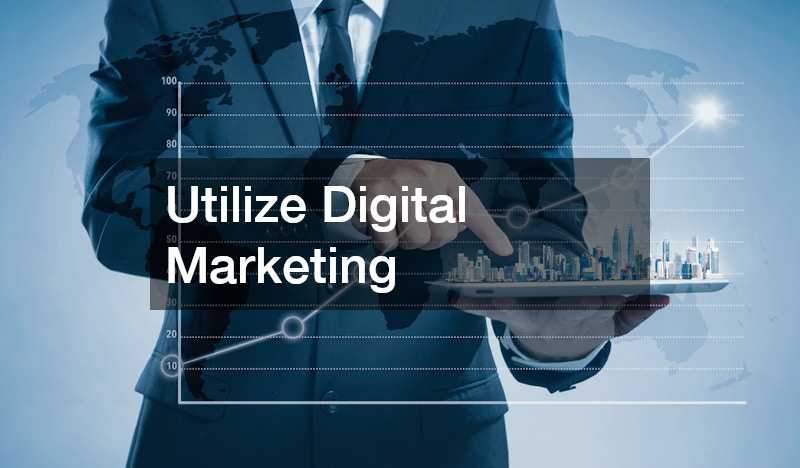Organizing a charity fundraiser is a rewarding and impactful endeavor that can bring people together for a noble cause. The significance of such events lies in their ability to generate resources and awareness for issues that require communal attention. By meticulously planning each aspect of a fundraiser, organizers can ensure that charitable goals are met while also providing a memorable experience for participants.
How Do You Plan a Charity Fundraiser?
Define Your Goals and Objectives
Setting clear objectives is the cornerstone of any successful charity event. Start by identifying the specific cause you are supporting and outline the financial targets you aim to achieve. Understanding your target audience’s interests and demographics is crucial in creating an engaging and effective fundraising strategy.
Once goals are defined, it becomes easier to tailor your event to meet those aims effectively. This involves conducting research to understand what motivates your audience to contribute. Emphasizing the direct impact of their donations can often inspire greater generosity.
Additionally, having well-defined goals helps in communicating your mission to potential sponsors and participants. Clarity in objectives not only draws more support but also ensures that all efforts align towards a common purpose. Document these goals to keep track of progress and make necessary adjustments throughout the planning phase.
Assemble a Dedicated Team
A successful fundraiser relies on the collaborative efforts of a passionate team. Forming a dedicated team of volunteers or staff can enhance the execution of different aspects of the event. Assign specific roles based on individual strengths and ensure everyone understands their responsibilities.
Coordination among team members is vital to address various logistical elements of the fundraiser. Regular meetings can facilitate smooth communication and ensure everyone stays on the same page. A unified team is more likely to overcome obstacles efficiently, creating a seamless event experience.
Encouraging a sense of ownership among employees or volunteers can further enhance their commitment to the event. Recognizing their contributions and maintaining high morale will drive better results. Remember, a motivated team can be the difference between a successful fundraiser and one that falls short of its goals.
Create a Detailed Budget
Financial planning is an essential component of successful fundraising. Begin by listing all potential expenses, including venue costs, marketing, and materials. Estimating these costs accurately ensures you allocate resources effectively and avoid overspending.
In addition to expenses, consider potential revenue streams, such as ticket sales or merchandise sales, to balance the budget. It’s important to remain flexible as unexpected costs may arise, requiring adjustments to your initial plan. Utilizing a detailed budget helps in monitoring financial health and ensures the fundraiser’s objectives are met.
Moreover, having a well-structured budget aids in communicating financial goals to stakeholders and sponsors. Transparency with financial planning can build trust and attract more investment. A comprehensive budget not only supports current event planning but also offers valuable insights for future fundraising endeavors.
What Fundraising Strategies Are Most Effective?
Innovative Event Ideas
Creating unique and engaging events can captivate audiences and encourage participation. Consider hosting themed galas or virtual auctions to stand out and draw in a crowd. These innovative event types not only offer entertainment but also present ample opportunities for fundraising.
For those unable to attend in person, offering virtual options can increase accessibility and inclusivity. Live streaming parts of your event or allowing online bidding in auctions can widen your reach. This hybrid approach means you can engage participants regardless of geographic limitations.
Introducing interactive elements to your event can also maximize attendee involvement. Incorporating games or live performances can make the event more enjoyable, leading to increased donations. The goal is to craft a memorable experience that will leave a lasting impression on participants.
Utilize Digital Marketing
Digital marketing is a powerful tool for increasing awareness and engagement for a charity fundraiser. By leveraging social media platforms, you can effectively promote your event to a wider audience. Creating compelling content, such as eye-catching graphics or compelling testimonials, can maximize interest and participation.
Email campaigns can serve as a direct line to potential donors, keeping them informed of event details and updates. Personalized messages can increase engagement and encourage early ticket purchases or donations. Implementing analytics tools can provide insights into campaign performance, allowing for data-driven decisions.
Furthermore, collaborating with influencers or partnering with other organizations can expand your event’s reach. By tapping into existing networks, you can enhance visibility and attract a more diverse crowd. The key is to maintain consistent messaging across all channels to build a strong, unified brand presence.
Organizing a charity fundraiser demands thoughtful planning and strategic execution. By setting clear goals, forming a passionate team, and utilizing innovative strategies, an impactful and successful fundraiser is within reach. The effort invested in meticulous preparation and creativity can ultimately result in meaningful support for causes that truly matter.
.




